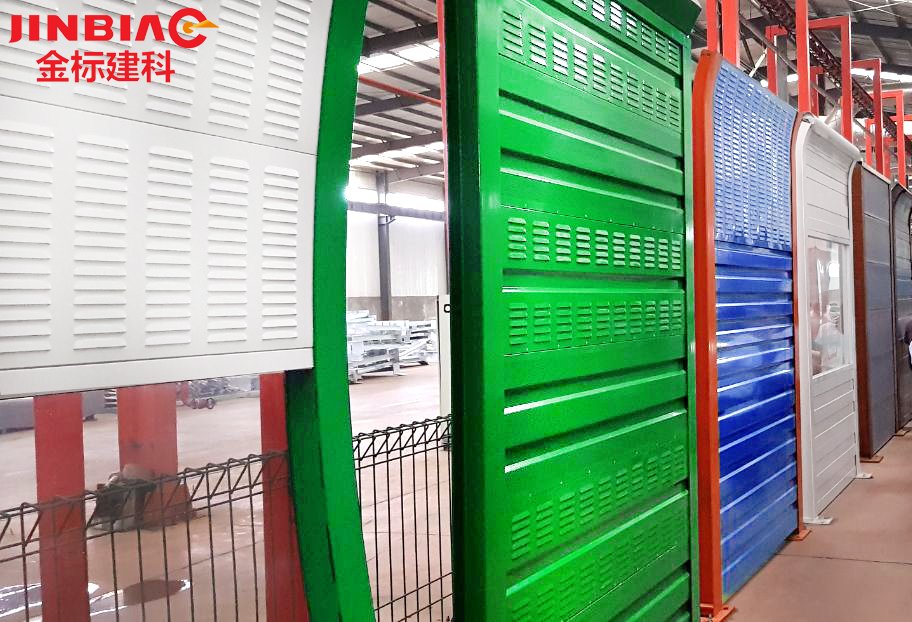Noise barriers are exterior structures that are installed to protect an area and its inhabitants from unwanted and offensive sounds. They are also referred to as sound barriers, acoustic walls, or noise walls, depending on how they are promoted by contractors. Regardless of the term, they provide the same function.

While noise barriers are constructed in such a way that they are intended to last for a long time, they are still prone to wear and tear. There are different factors that affect their quality, which you have to be aware of in case you have one installed in your property. Otherwise, you may have to spend a lot for repair and maintenance, or even have to replace your sound wall from time to time.
What are the conditions that affect the quality of noise barriers? Here are a few to look at:
1. Air gaps.
Air gaps are commonly found in wood barriers. Aside from not being as dense as other barrier materials, wood fibres leave holes and hollow spaces within their planks. These spaces capture sound, but at the same time allow them to escape and penetrate through.
Air gaps are formed naturally, and they cannot be treated at all the time. They can be even difficult to detect and arise only once installed.
Air gaps can also be present in concrete barriers, especially when the concrete mix is not concentrated enough to meet density standards. These holes inside the noise barrier may not only affect the wall’s ability to mitigate noise, but affect the wall’s overall structural integrity as well.
2. Rainwater.
Rainwater is one of the most obtrusive factors that contribute to noise barrier damage. It contains minerals that react to the material used in the barriers, especially on metal, wood, and even cement.
To protect a noise barrier from wear and tear, it should be applied with a protective coating, depending on the specifications of the barrier material. You may want to ask your contractor about this so they can provide you with protective options to strengthen the durability of your noise barrier.
3. Road resonance.
Resonance is often observed in roads and highways, particularly in areas where trucks and heavy vehicles usually pass by. Resonance causes tension on the ground and makes the land move slightly when such vehicles traverse. Over time, resonance affects the sturdiness of the noise barrier’s foundations, and when not monitored, it may cause the barrier to crack.
While local fencing contractors are aware of the ideal barrier material to use on different land areas, it is still worth discussing with them the issues of road resonance in your area. This way, they can accommodate this concern and come up with the best recommendations for your noise barrier construction.
4. Other environmental conditions.
Other environmental conditions such as wind turbulence, changing climate temperatures, and humidity and dryness, affect the quality of noise barriers, regardless of type and make. You may want to discuss these too with your contractor, so you won’t make the wrong choice of barrier material to use in your property later on.
It is impossible to avoid the damage on Noise Control products caused by external factors which are mentioned above. However, there will be the most suitable product for every specific geographic location.
Hebei Jinbiao is the leading company in Noise Control Barriers in South East Asia region. We are willing to help you in choosing the most suitable type of Noise Control Barriers, based on your demands, budget and expectations. Do not hesitate to drop us an email so we can assist you as soon as possible!
